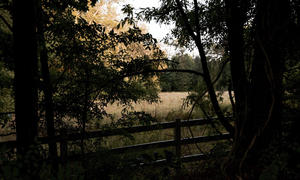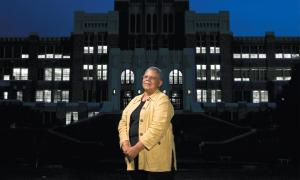article
Toolkit for “A Museum. A Memorial. A Message.”

This toolkit—adapted from our viewer’s guide for 'An Outrage: A Documentary Film About Lynching in the American South'—provides guidance for educators hoping to tackle this tough topic in the classroom.

